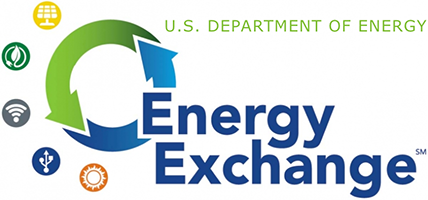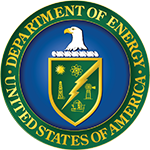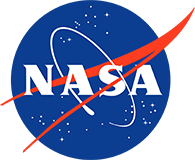Pittsburgh, PA

This session will focus on different types of heat pumps, how they work, and where they work best. The session will also focus on how heat pumps can be used to electrify buildings. Real world applications of heat pumps in both the commercial and federal sector will be discussed.
Instructors
Scot Duncan, CEO and Inventor of the High Efficiency Dehumidification System (HEDS), Conservant Systems Read Bio
Scot started going to Honeywell jobsites with his dad at 12. At 15, he was on the Honeywell payroll, helping field technicians work on the then-new computerized HVAC control systems. At 18, he went fulltime as a Honeywell engineer. At 20, he worked fulltime at Honeywell and went to Cal Poly Pomona, where he graduated at the top of his class. At 27, he started Retrofit Originality Incorporated to design high efficiency HVAC and TES systems. Scot created the "Load Based Optimization System" (LOBOS) HVAC optimization platform & sold it in 2014. During base energy audit investigations for USACE, Scot found HVAC-caused mold and could not find HVAC equipment to stop mold growth that was efficient & DoD-maintainable. At the request of a USACE Engineer, he invented the High Efficiency Dehumidification System (HEDS). Scot holds 13 patents on HEDS and HEDS related technologies and started Conservant Systems to commercialize HEDS.
Andrea Mott, Mechanical Engineer, Pacific Northwest National Laboratory Read Bio
Andrea Mott is a mechanical engineer at Pacific Northwest National Laboratory (PNNL) in the Building & Connected Systems Group. She specializes in decarbonization, building energy efficiency, and GHG-accounting projects for various federal sponsors including the Army Reserve, Army Materiel Command, and FEMP. She originally joined PNNL at their Joint Global Change Research Institute, where she worked on the development of the Community Emissions Data System that tracks historical anthropogenic emissions by sector, fuel, and country. She received her MS in renewable and clean energy engineering with a sustainability certificate, along with a BS in mechanical engineering with an energy systems concentration from the University of Dayton in Ohio. She is currently located in Seattle, Washington.
Dale LeBlanc, Resource Energy Manager, Tetratech Read Bio
Dale is currently working on a first of its kind sC02 (Super Critical) deep well hydrothermal project extracting heat from hot dry rock at JRB-Ellington Field. In 2020 Dale submitted a FEMP award package for McConnell ANG regarding its multi-building geothermal project connected to a common geothermal well field. The project was selected by SAF/IE. The Deputy Asst. Secretary of the Air Force selected the ground source heat pump project as a model for the Air Force. Before joining the Air National Guard REM team in 2019, Dale worked in USAFE as an energy auditor and project developer performing energy engineering, LED lighting upgrades, and boiler and chiller retrofits. Dale has also supported Active-Duty Air Force in the United Kingdom. Building Commissioning and Measurement and Verification were employed for all priority 1 building retrofits on site. Dale has supported Active-Duty operations for both the US Navy and US Air Force.
Learning Objectives
Upon completion of this course, attendees will be able to:
- Identify the basics of heat pump technologies;
- Distinguish between decentralized versus centralized heat pumps, including pros and cons;
- Recognize applications of heat pumps in different climactic zones;
- Identify inputs to the economics of heat pumps 5. Recognize the role of heat pumps in building electrification.









